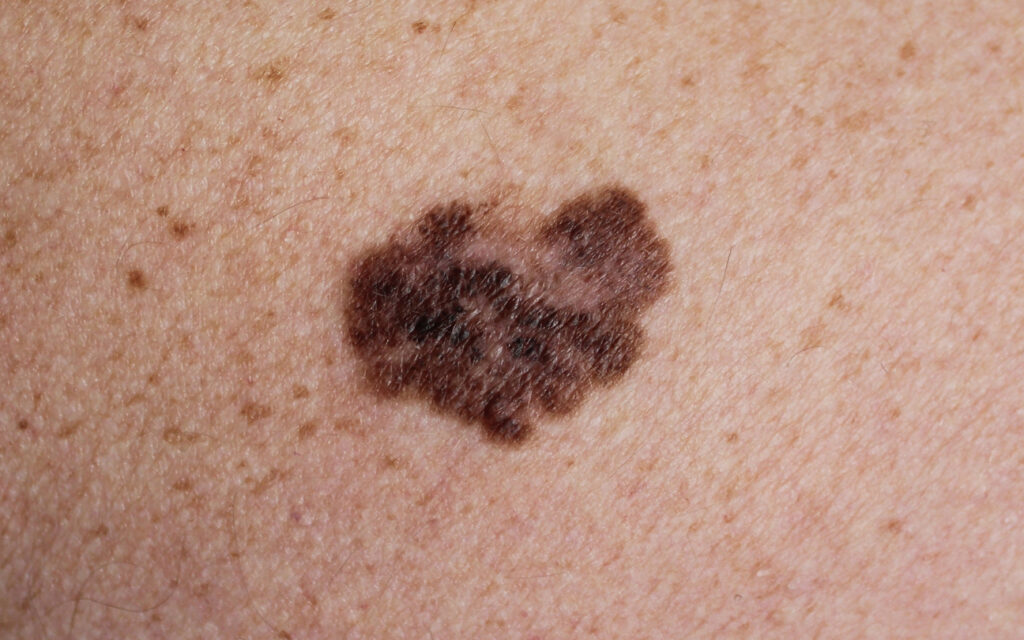DecisionDx-Melanoma outperforms both American Joint Committee on Cancer (AJCC) staging and the CP-GEP test (clinicopathological and gene expression profiling model) in identifying patients at low risk of sentinel lymph node (SLN) positivity who may consider forgoing sentinel lymph node biopsy (SLNB) surgery, a new study shows.
Current National Comprehensive Cancer Network (NCCN) guidelines recommend forgoing SLNB if the risk of a positive node is below 5%, considering it at 5-10%, and offering if a patient’s risk exceeds 10%. The majority of newly diagnosed melanomas are T1–T2 tumors, yet more than 90% of patients who undergo SLNB in this population receive negative results. Further, in patients with thin tumors, the risk of procedural complications outweighs the likelihood of a positive node, underscoring the need for better tools to identify low-risk patients who can safely avoid the surgery.
Using a weighted average across all studies, patients classified as low risk by CP-GEP had an SLN positivity rate of 6.2%, exceeding the 5% NCCN threshold for ruling out SLNB. In contrast, patients identified as low risk by DecisionDx-Melanoma had a 2.8% SLN positivity rate, a significant improvement over AJCC staging. Overall, CP-GEP did not perform as well as staging alone, while DecisionDx-Melanoma outperformed staging.
“When relying on genomic testing to guide critical decisions about procedures like SLNB, a test must demonstrate exceptional accuracy in identifying patients with minimal risk of metastasis,” adds study author Peter A. Prieto, MD, MPH, a Surgical Oncologist at the University of Rochester Medical Center in Rochester, NY, in a news release. “Our study confirms that DecisionDx-Melanoma achieves this by providing significant risk stratification, outperforming the standard of care (i.e., AJCC staging) and the CP-GEP genomic test.”
“This study underscores the value of using DecisionDx-Melanoma test results to help guide improved SLNB decisions,” adds Matthew Goldberg, MD, Senior Vice President, Medical, of Castle Biosciences. “Further, it strengthens our recent prospective study findings, which show that patients with low-risk DecisionDx-Melanoma results (less than 5% likelihood of SLN positivity) who forgo SLNB surgery maintain high recurrence-free survival rates, providing clinicians and patients with greater confidence in treatment decisions guided by our test.”


